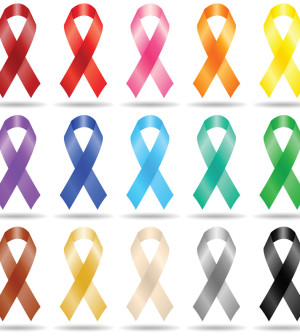- 7 Best Breads for Maintaining Stable Blood Sugar
- Gelatin vs. Collagen: Which is Best for Skin, Nails, and Joints?
- The Long-Term Effects of Daily Turmeric Supplements on Liver Health
- Could Your Grocery Store Meat Be Causing Recurring UTIs?
- Are You Making This Expensive Thermostat Error This Winter?
- Recognizing the Signs of Hypothyroidism
- 10 Strategies to Overcome Insomnia
- Could Artificial Sweeteners Be Aging the Brain Faster?
- Techniques for Soothing Your Nervous System
- Does the Water in Your House Smell Funny? Here’s Why
Study Says Radiation Often Overused in Late-Stage Lung Cancer


Late-stage lung cancer patients in the United States often receive more radiation therapy than recommended, a new study finds.
While radiation therapy can reduce pain and improve quality of life, unnecessary treatments increase costs and hospital visits, and can lead to radiation toxicity and difficulty swallowing, the researchers noted.
“This study uncovered that there’s a lot of treatment of late-stage lung cancer with palliative radiation that goes beyond what is recommended by several national guidelines and multiple clinical trials,” said study author Dr. Matthew Koshy, a radiation oncologist at the University of Illinois Hospital.
The researchers analyzed data from 47,000 advanced-lung cancer patients who received palliative radiation therapy — intended to ease their symptoms but not cure them — between 2004 and 2012. One in five also received chemotherapy at the same time, even though guidelines recommend against such dual treatment, the researchers said.
The researchers also found that nearly one-third of the patients received more than 25 radiation treatments, which is 10 more than the recommended maximum number.
Privately insured patients were 40 percent more likely than other patients to receive more than the recommended 15 radiation treatments. Overtreatment with radiation was also higher among patients treated in community cancer centers, which are clinics with no links to academic institutions, the study found.
“More education is needed for radiation oncologists, to prevent overtreatment — which has not been proven to further improve symptoms or quality of life, and can have some significant side effects,” Koshy said in a university news release.
The findings were published online Sept. 30 in the Journal of the National Cancer Institute.
More information
The American Cancer Society has more about radiation therapy.
Source: HealthDay
Copyright © 2026 HealthDay. All rights reserved.










